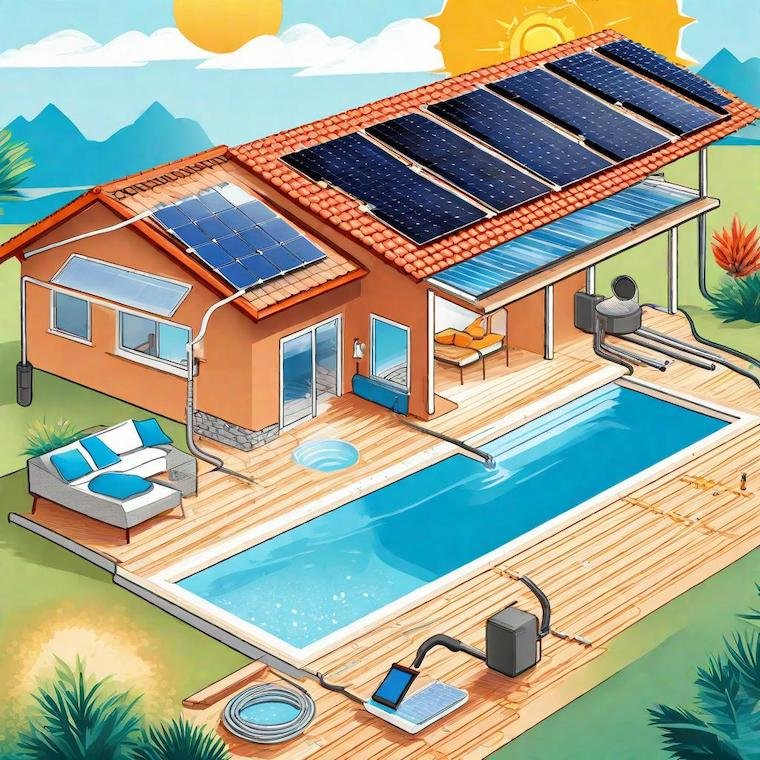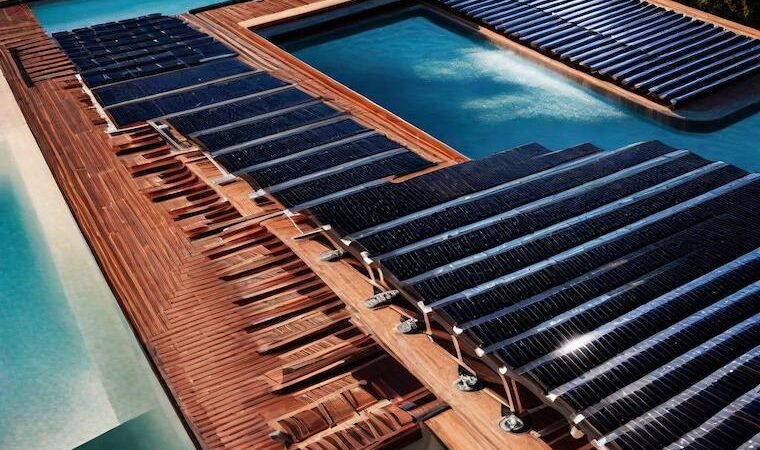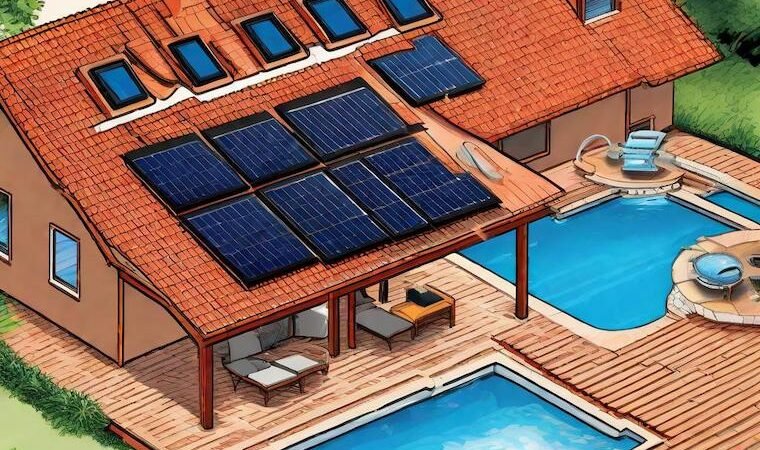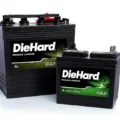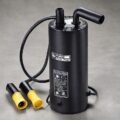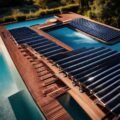Solar pool heaters offer a cost-effective and environmentally friendly way to heat your pool using the sun’s energy. By understanding the technology behind these systems, you can make an informed decision about whether a solar pool heater is right for you. In this article, we’ll explore how solar pool heaters work, including the key components such as solar collectors, circulation systems, and temperature controls.
Solar Collectors: Capturing Solar Energy
The heart of a solar pool heating system is the solar collector, which is responsible for capturing the sun’s energy and transferring it to the pool water. Solar collectors are typically made of durable, UV-resistant materials such as plastic or rubber. They are installed on a roof or a ground-mounted structure, where they can receive maximum sunlight exposure.
Circulation Systems: Moving Water Efficiently
Once the solar collectors have absorbed the sun’s energy, the heated water is circulated through the pool’s filtration system using a pump. The pump pushes the water through the solar collectors, where it is heated before being returned to the pool. This circulation process continues until the desired temperature is reached.
Temperature Controls: Maintaining Comfort
To ensure that the pool water stays at a comfortable temperature, solar pool heating systems are equipped with temperature controls. These controls can be manual or automatic, depending on the system. Manual controls allow you to adjust the temperature settings manually, while automatic controls use sensors to monitor the temperature and adjust the system accordingly.
Efficiency and Performance
The efficiency of a solar pool heating system depends on several factors, including the size and orientation of the solar collectors, the amount of sunlight available, and the temperature of the pool water. Generally, solar pool heaters are most effective in sunny climates with consistent sunlight throughout the year.
Benefits of Solar Pool Heaters
There are several benefits to using a solar pool heater to heat your pool. First and foremost, solar energy is free and abundant, making it a cost-effective option compared to traditional heating methods. Also, solar pool heaters are environmentally friendly, producing zero greenhouse gas emissions.
Installation and Maintenance
Installing a solar pool heating system requires careful planning and professional installation to ensure optimal performance. Regular maintenance is also essential to keep the system running smoothly. This includes periodic inspections, cleaning of the solar collectors, and checking the circulation system for any issues.
Conclusion
Solar pool heaters offer an efficient and eco-friendly way to heat your pool using the power of the sun. By understanding how these systems work and the benefits they offer, you can make an informed decision about whether a solar pool heater is right for you. With proper installation and maintenance, a solar pool heating system can provide years of reliable service, allowing you to enjoy your pool in comfort while reducing your carbon footprint.
Frequently Asked Questions
Solar pool heaters are generally more cost-effective to operate than traditional heaters, as they rely on free solar energy. However, they may have a higher initial cost for installation.
The time it takes to heat a pool with a solar pool heater depends on several factors, including the size of the pool, the amount of sunlight available, and the efficiency of the system. In general, it can take anywhere from a few days to a week to heat a pool to the desired temperature.
Solar pool heaters are most effective in warmer climates with consistent sunlight throughout the year. In colder climates or during the winter months, additional heating may be required.
While solar pool heaters are most effective in direct sunlight, they can still generate some heat on cloudy days. However, their efficiency will be reduced compared to sunny days.
With proper maintenance, solar pool heaters can last 10-20 years or more. Regular inspections and cleaning can help extend the life of the system.
While some DIY enthusiasts may be able to install a solar pool heater themselves, it is generally recommended to have a professional install the system to ensure proper setup and performance.
Yes, like any heating system, solar pool heaters require regular maintenance to ensure optimal performance. This includes cleaning the solar collectors, checking for leaks, and inspecting the circulation system.
Some local governments and utility companies offer rebates or incentives for installing solar pool heaters as part of their energy efficiency programs. It’s worth checking with your local authorities to see if any are available in your area.
Yes, you can use a solar pool heater in conjunction with an existing pool heater to reduce energy costs and extend the life of the traditional heater.
While solar pool heaters offer many benefits, including cost savings and environmental friendliness, they may not be suitable for all climates or pool setups. Additionally, they may have a higher initial cost compared to traditional heaters.

